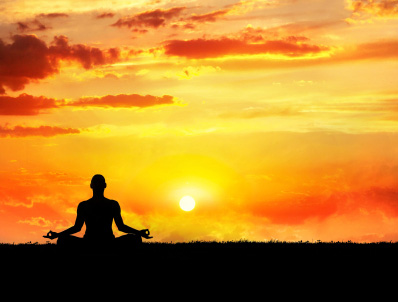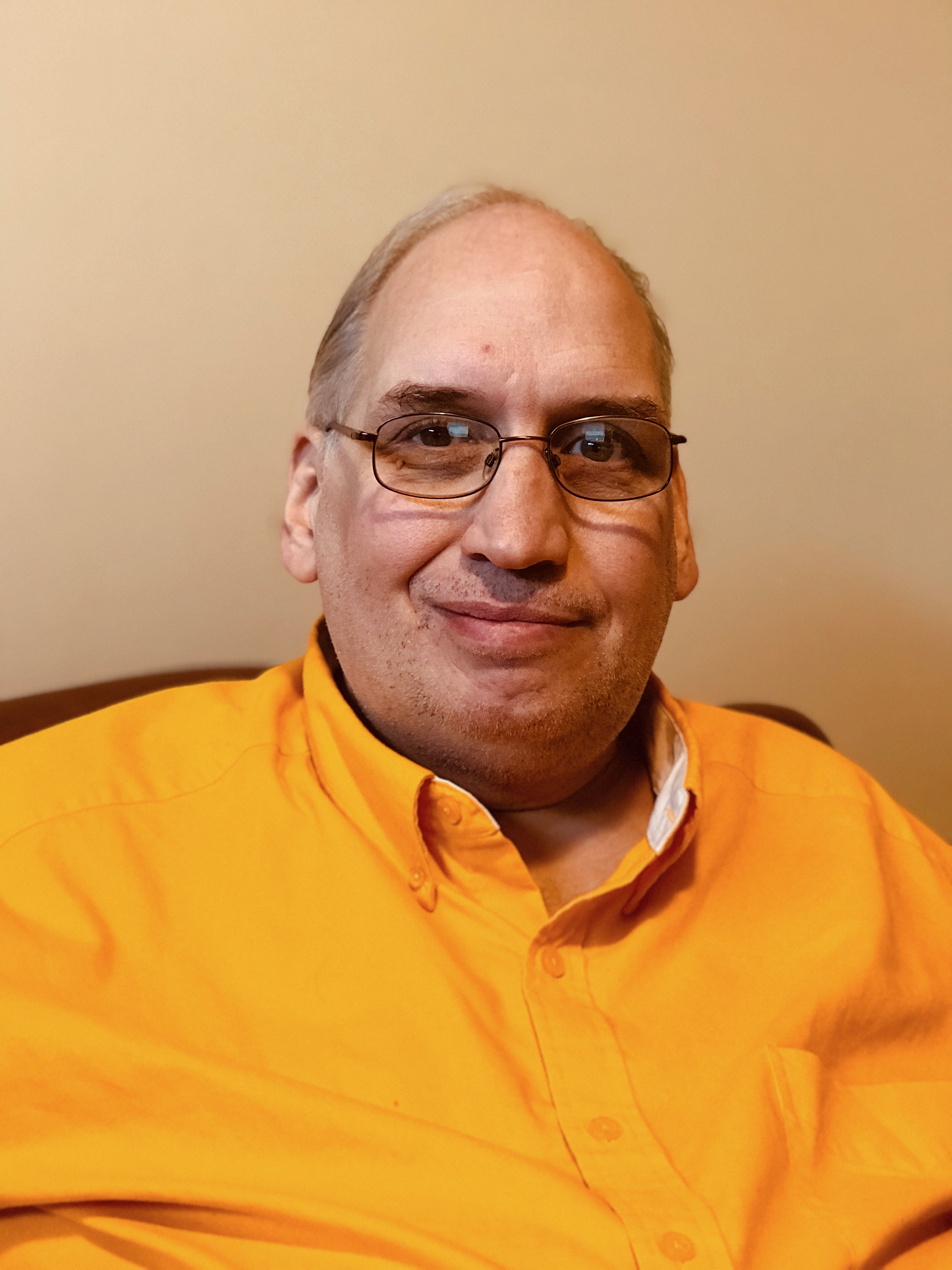
I’ve been lucky this week. Lucky in that I have felt the presence of my creator in nearly every moment. Gratitude has been pervasive in my walk and I have started listening to Todd Agnew again (if you haven’t heard him stop reading now and go immediately to YouTube). His work is very much about divine love and the life-changing presence it is.
But all is not incessant gratitude. I’ve become so disheartened by the Church that is ruled by fear. They become embroiled in politics and hatred and lose sight of what love really means.
Christ showed us in no uncertain terms that it was the opposite of legalism. Instead of stoning the adulteress out of his own perfectionism he saved her from legalism and said only:
“Where are your accusers? Didn’t even one of them condemn you?”
11 “No, Lord,” she said.
And Jesus said, “Neither do I. Go and sin no more.” John 8:10-11
He did not tell her she was being evil, did not condemn her, did not make it illegal to make her own choices, did not try and remove her right to exist. He said simply… Do better. Something we all hear if we are quiet and listen.
Do Better.
Not make your neighbor live a better life, not worry about all the sin you think you see around you. Just, do better, and let God handle the rest. When this is our focus, we no longer fear evil or pain (which CS Lewis equates in his work “The Problem of Pain”). In running from pain, we rob ourselves of healing and, generally, create suffering in our own lives and the lives around us. This is the root of all diseases, including addictions. We ignore the infection, and the limb is amputated. We numb the emotional pain, and the addiction begins. We refuse self-sacrifice that we are called to out of fear, and people around us suffer and die.
We look around for someone to blame. Why isn’t life better? Why isn’t it working? Whose fault is it that I hurt and feel so lonely?
We live in fear of the pain that might happen and our focus narrows and our ears and hearts are closed to the divine whispering :
“I’ve got you. It’s all going to be OK.”
When we stop hearing the call to do better, we stagnate in our faith.
In the past six months, I have suffered and felt pain I never thought I would know. My own stepson, my heart, died as a result of some bad choices. I have had COVID and continue to have serious long-term effects from it. Yet, I have stopped asking “why me, what did I do to deserve this?” I haven’t been a saint by any means, but neither did I do anything to deserve this?”. God is not my parking attendant. He will not save me from pain, but He will provide me with the strength to make something better of it if I have the courage to stay present. To avoid numbing out and allow myself to feel and observe even when there is only hurt in and around me. To connect to others when connection is frightening because we have suffered loss.
This is when the Divine shows up. Not in my self-righteous judgment of others, but in the outreach that comes when I overcome the fear, feel the pain, and reach out for connection anyway. When I can be there for those who need to “Do Better” without judgment. When I can reach out because I need to “Do Better” beyond my shame and into the connection that is always there, always available. Both human and divine.
So this has been a good week. I have felt the presence, felt like doing better. Inevitably, it will fade. Not because I am less worthy, or He is less present. Simply because pain is a part of life. But I know now that it is my choice whether the part it plays is destructive or connecting and I’m okay with that.

